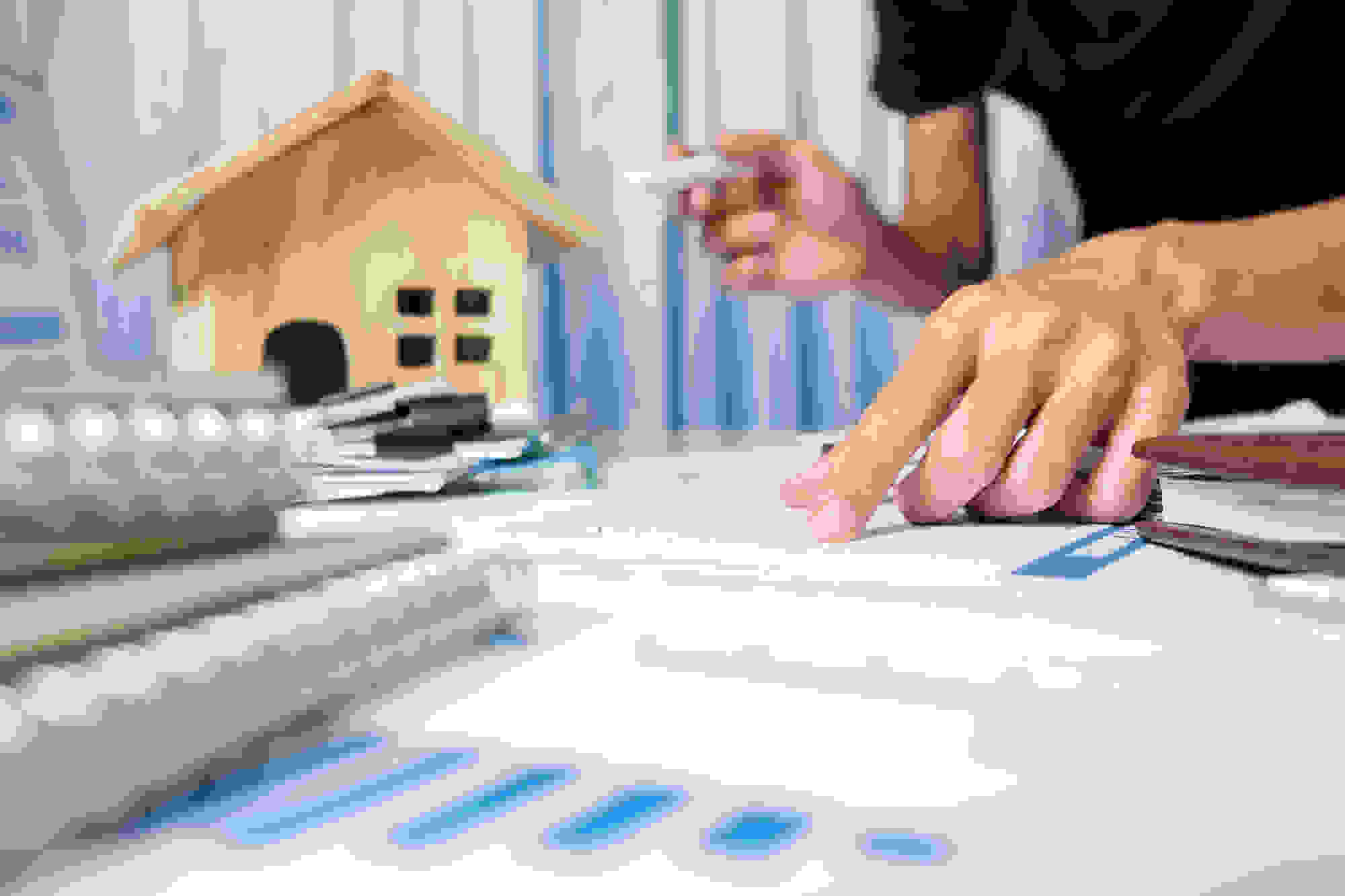


Learn how to make a housing disrepair claim, protect your tenant rights, and secure compensation for unsafe homes. Contact Us Housing Disrepair.
When you rent a home, you expect your landlord to keep it safe, secure, and in good condition. Unfortunately, many tenants face serious property issues that affect their quality of life. Housing disrepair occurs when a landlord fails to carry out necessary repairs, leading to unsafe or unhealthy living conditions. If you are experiencing these problems, understanding your rights and the claims process is essential.
In this article, we’ll explore what housing disrepair is, the types of issues that qualify for a claim, your landlord’s obligations, and how to take legal action when repairs are not made.
Housing disrepair refers to situations where a rented property falls into poor condition because the landlord has failed to maintain or repair it. These issues can include structural damage, health hazards, or anything that makes the home unfit for living.
Common examples include:
Damp and mould
Leaking roofs or gutters
Broken heating systems
Unsafe wiring or plumbing
Pest infestations
Structural issues like cracks or subsidence
These problems can have a serious impact on health, safety, and comfort. If you’ve reported these issues to your landlord and they have not acted, you may be entitled to make a claim.
Landlords are legally required to keep their properties in good repair. This includes maintaining:
The structure and exterior (roofs, walls, doors, windows)
Essential systems like gas, water, and electricity
Heating and hot water installations
Bathrooms and kitchens (keeping them usable and safe)
Failing to make these repairs is a breach of the tenancy agreement and may violate housing laws.
If your landlord has ignored your complaints or refused to address urgent problems, you can pursue housing disrepair claims to seek compensation and ensure the repairs are carried out.
You may have a valid claim if:
You have reported the issue to your landlord.
The landlord has had reasonable time to repair it.
The disrepair has caused inconvenience, health issues, or financial loss.
For example, if mould has caused respiratory problems, or if leaks have damaged your belongings, you could claim compensation for distress and damages.
Before starting a legal case, there are important steps to follow:
Document the issues – Take photographs, keep records of any damage, and note when the problems started.
Report to your landlord in writing – Always provide evidence of your complaints.
Allow reasonable time for repair – Typically 14 to 28 days, unless it’s an emergency.
Seek advice – Contact a solicitor specialising in housing disrepair to review your case.
If your landlord continues to ignore the issues, you can move forward with a formal claim.
Most claims start with a Letter of Claim, sent to the landlord, outlining the issues, evidence, and desired outcome. If the landlord fails to respond or resolve the matter, the case can be taken to court.
Professional legal advice can make a significant difference. A specialist solicitor can help you:
Assess whether you have a strong case
Gather expert evidence (like surveyor reports)
Negotiate with the landlord
Secure compensation and repairs
For assistance, Contact Us Housing Disrepair to discuss your situation with a legal professional.
While you can handle a claim yourself, working with a solicitor improves your chances of success. They understand the law, know how to value your claim, and can handle the negotiation process.
Many solicitors work on a No Win, No Fee basis, so you won’t pay unless your claim is successful.
Not reporting issues in writing – Always have evidence.
Delaying your claim – Claims are usually limited to six years.
Accepting poor settlements – Landlords may offer low amounts to avoid legal action.
Working with a professional ensures you avoid these pitfalls and get the compensation you deserve.
Living in a property with serious disrepair can be stressful, but you have legal rights. Landlords must keep your home safe and habitable. If they don’t, you can hold them accountable.
Start by documenting the problem, reporting it formally, and seeking legal guidance. For expert help, Contact Us Housing Disrepair today to discuss your options.
